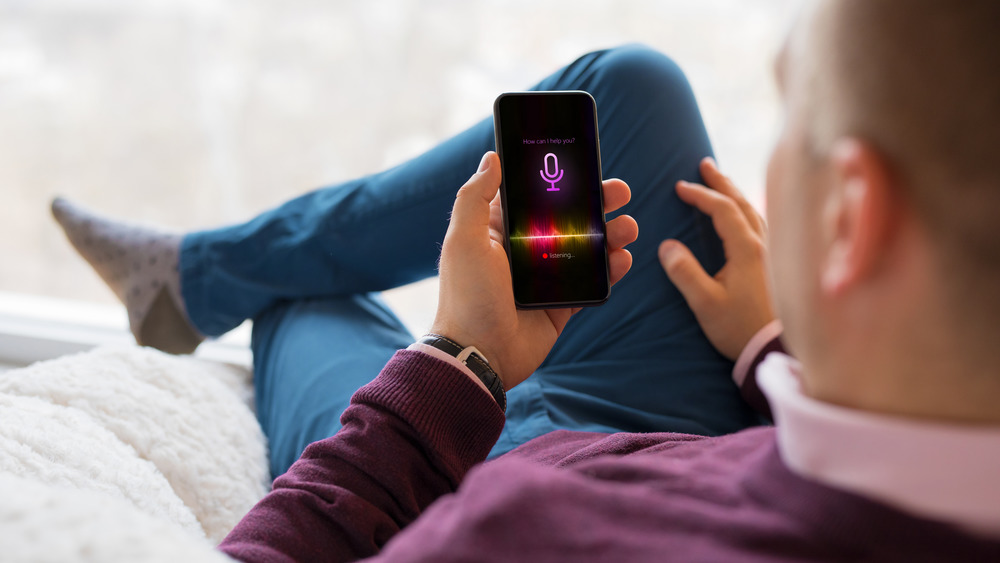Think Twice About Getting A New iPhone If You Have A Pacemaker. Here's Why
People that have a pacemaker or an Implantable Cardioverter Defibrillator (ICD) should take extra precautions around the newly released iPhone 12, according to a team of cardiologists from the Henry Ford Heart and Vascular Institute in Detroit, Michigan (via Heart Rhythm Journal). While doctors have long warned these patients about the dangers of getting too close to magnets, the new series of phones from Apple may pose an even greater threat than older devices.
ICDs and pacemakers are electrical devices that are implanted under the skin of patients whose heart is at risk of slowing down or stopping completely (via the American Heart Association). Both devices track a patient's heart rate in case of any life-threatening changes. While a pacemaker is designated to stimulate the heart if it detects a decrease in beats, an ICD's purpose is to shock the heart back into action if it suddenly stops. The American Heart Association cautions patients with pacemakers and ICDs to pay attention to their surroundings so that they do not come in contact with devices that have magnetic fields.
Stronger magnets could be more dangerous
Both distance to the magnet and the amount of time spent close to the magnet will determine the effects on a pacemaker or ICD. One of the most common items that could disrupt the proper function of one of these life-saving devices is the cell phone. The iPhone 12 has drawn the attention of doctors because of the strong magnets it contains. Apple wanted to make it easier to use with their MagSafe devices, but in doing so, made it potentially riskier for certain cardiac patients (via Healthline).
Doctors have observed the iPhone 12 directly interfering with the function of an ICD in a patient when the phone was held up to the patient's chest. Because this test was only done on one person, more studies are needed to learn more about the potential dangers of the phone. Doctors continue to recommend that patients with pacemakers and ICDs avoid storing phones or other devices with magnets in front pockets or holding them up to the ear that is on the same side as their implant.


